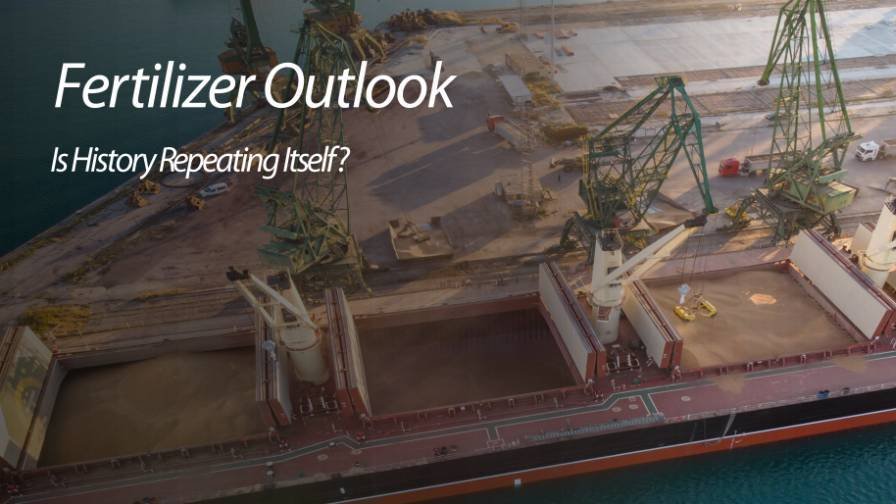NFU Cymru has called for all three tiers of Wales’s post-Brexit support scheme to be accessible to common land right holders, just one of a raft of recommendations within a major policy report launched at the Royal Welsh Winter Fair.
Shaping Welsh Farming’s Future: NFU Cymru’s Policy Priorities For Common Land makes the case for common land farmers as the Welsh government is progressing with plans for its Sustainable Farming Scheme (SFS).
See also: SFI farmers alerted to ‘good reason’ clause in agreements
NFU Cymru is concerned that common land right holders could miss out on options available under the “universal”, “optional” and “collaborative action” tiers of SFS if their valuable management work is overlooked.
The union pointed out that almost 10% of agricultural land in Wales was registered common land, providing valuable grazing for right holders.
Managed by farming families over centuries, common land is important to wider society for the ecosystem services and well-being benefits it provides. “It is a key feature of our cultural heritage, language and traditions,” the report said.
To ensure common land rights holders continue delivering benefits for the people of Wales, the recommendations include:
- Common land should continue to be eligible for baseline payments under the “universal” tier of SFS
- Strategies, including better financial incentives, must maintain and restore grazing livestock to address under-grazing on common land
- The targets for common land should not include 10% tree cover, which may be impossible for rights holders to achieve, potentially excluding them from support
- Tree planting on common land should not go ahead without 100% approval from all right holders
- All future support must be targeted at the rights holders who carry out the work to manage the commons, and not the landowner
- The Welsh government must protect commons farmers during the transition to the new scheme to avoid a drop-off in payments at the end of 2023 when Glastir Commons options come to an end
- Future budgets under the universal, optional and collaborative tiers must go beyond costs incurred and income foregone, to provide fair reward for the work carried out.
NFU Cymru Less Favoured Area (LFA) board chairwoman Kath Whitrow said: “Without appropriate policy interventions and support through future agricultural policy, the economic position of Welsh farm businesses who manage common land is threatened.
“Further losses of the proactive management by grazing, so central to the condition of common land, could occur.”
Further reading
The Shaping Welsh Farming’s Future: NFU Cymru’s Policy Priorities For Common Land report is available in English and Welsh on the NFU Cymru website











